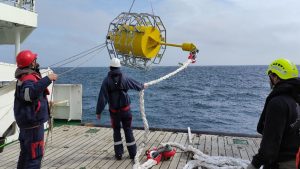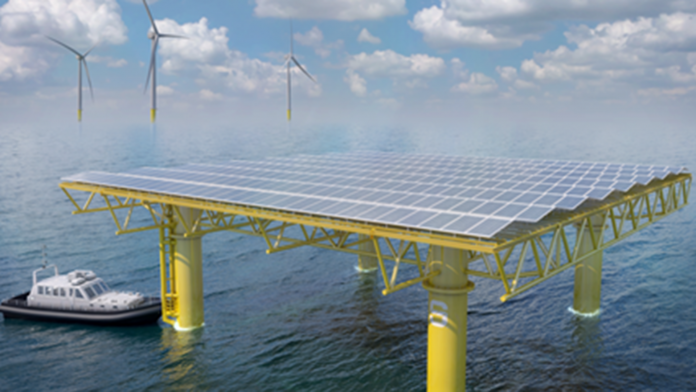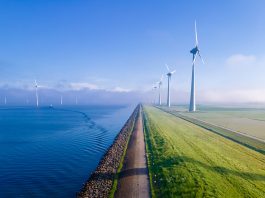A joint project between leaders in science and industry is investigating the environmental challenges of floating solar at sea.
The project, titled EcoMPV, will assess the challenges of floating solar by evaluating its impact on the offshore environment and how these effects can be mitigated. The insights gained will allow positive effects to be immediately reinforced.
The installation of three experimental modules at sea was completed on 28 June. They will also show positive effects so that these can be reinstated in future installations.
The role of floating solar in the renewable energy transition
The growing need for the local production of renewable energy and an acceleration of the energy transition, combined with land scarcity, is leading policymakers, industry, and scientists to increasingly focus on offshore sites.
Offshore solar power generation is being explored to meet society’s need for renewable energy.
However, the challenges of floating solar have yet to be properly understood, and we must ensure that the technology is carried out with respect for the marine environment.
Meanwhile, more attention is being paid to emerging opportunities to generate solar power at sea. The complementarity of wind and solar technology has been confirmed all over the world.
As authorities increasingly promote the multi-use of marine space, and the offshore grid infrastructure shows good potential for combined use, the integration of offshore floating solar installations in current and future offshore wind sites presents an opportunity to produce large volumes of additional renewable energy.
However, both the technology and the knowledge of the environmental challenges of floating solar are still in their infancy.

How will the environmental challenges of floating solar be assessed?
As part of the project, scientists and industrial partners will work together to deepen the knowledge about environmental challenges related to offshore floating photovoltaic (PV) installations.
They will also work to come up with technical solutions to mitigate undesired challenges of floating solar and maximise beneficial impacts.
Knowledge gaps will be addressed in each of these areas:
- Altered underwater light field, hydrodynamics, pelagic biogeochemistry, and primary production;
- The artificial habitat provision for colonising fauna and fish; and
- The effects on carbon fluxes and sequestration.
Furthermore, advice for eco-designing offshore PV installations, paving the way to its environmental licensing, will be formulated.
Vincent Van Quickenborne, Minister for the North Sea, explained: “With EcoMPV, important steps are being taken to also correctly assess the environmental challenges of floating solar panels.
“This is important, as the potential of floating solar panels is estimated to be high. If we want to use them later on a commercial scale, it is necessary to also take into account their effects on the marine environment in order to avoid or mitigate them as much as possible.”









